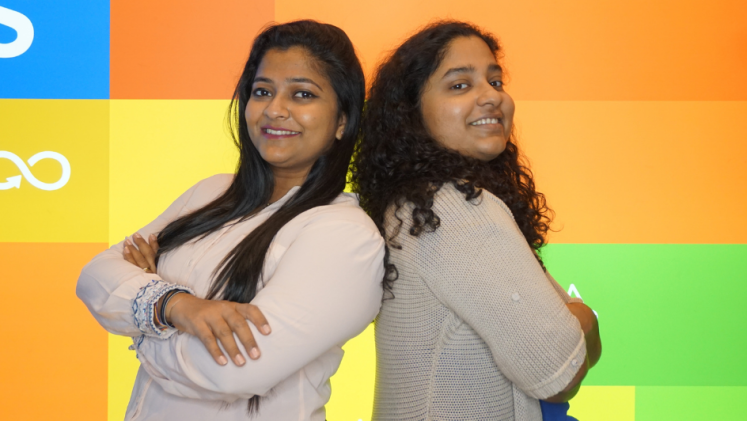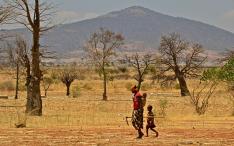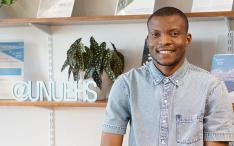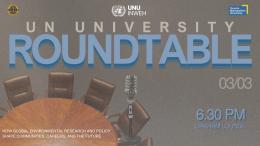Saturday 11 February marks the International Day of Women and Girls in Science, a day dedicated to recognizing women and girls who are working or aspiring to work in STEM fields. Samara Polwatta and Palindi Kalobuwila are students of the Joint Master's of Geography of Environment and Human Security and founders of “School Meets the Reef," a coral rehabilitation project in their home country of Sri Lanka. Conceived for the 2022 Wageningen University & Research (WUR) Student Challenges – Nature-based Solutions Challenge, it has gone from proposal to reality in a matter of months, winning the competition along the way.
When they found out about the challenge, Polwatta and Kalobuwila immediately decided to participate.
“We learned about restoration techniques in the Master’s programme and I had worked on ocean projects before. Sri Lanka is an island nation that depends on the ocean," says Polwatta, who is an ocean lover. “We wanted to show that cost-effective ecosystem restoration practices can work.”
Following a highly competitive process, which included a detailed proposal and intense interview, the project made it to the final round and was assigned a mentor and funding to start putting the coral nursery into reality. Polwatta and Kalobuwila assembled their team on the ground, linked up with an organization called EarthLanka and got to planning.
In July 2022, Polwatta and a team of divers rowed 500 meters off the shore of Kalkudah, Sri Lanka. In about 3-5 meters of water, they placed cement molds known as “reef balls” which mimic the structure of a coral reef. Then, using a special putty, they planted corals on the reef balls, giving them a new home to grow on. Adjacent to that the team set up a nursery where corals are attached to racks to grow before they are ready to be planted later.
Since then, the project is in a monitoring phase. Three dives have been conducted to check on coral growth and to brush off any algae and sediment.
“The corals are stabilizing, meaning they are firmly sticking to the reef balls and are growing. We are seeing the natural processes begin to take over," says Polwatta.
As the project name is “School meets the Reef”, education is a key component. The team uses the nursery as a way to teach local students about ocean ecosystems and conservation. They have held two school visits to bring their work to the classroom and more school visits are planned for the new year.
“One of our key motivations was to have a long-term impact. By reaching and educating the youth we can do that," said Kalobuwila. “They will be the next changemakers."
In September, Polwatta and Kalobuwila found out the project won the Nature-based Solutions Challenge, unlocking continued funding from WUR and the chance to attend COP27, where Polwatta presented the project at several side events.
This year, the International Day of Women and Girls in Science focuses on their role in science in relation to the Sustainable Development Goals. It is easy to see where Polwatta and Kalubowila’s ocean work contributes to the SDGs and how they are an example in celebrating the day. However, it is the example they are setting for the next generation that is most profound.
“Women in science are doing great things for the world, we just have to continue to take up opportunities," encouraged Kalubowila. “Get out of your comfort zones and challenge yourself to reach your potential," added Polwatta. “From the depths of the ocean to the limits of the sky.”
The Joint Master’s Programme in Geography of Environmental Risks and Human Security is jointly offered by UNU-EHS and the University of Bonn, Department of Geography. To learn more about School Meets the Reef click here.




